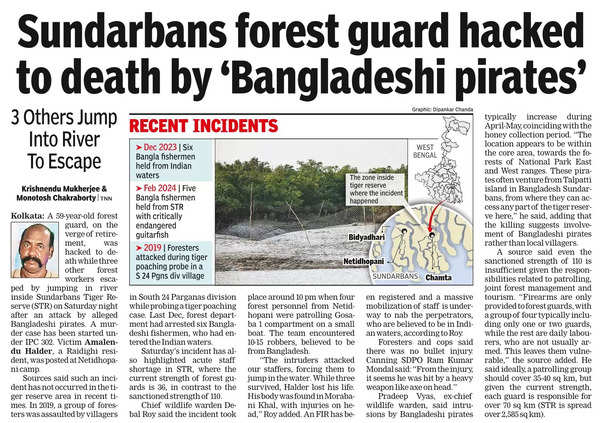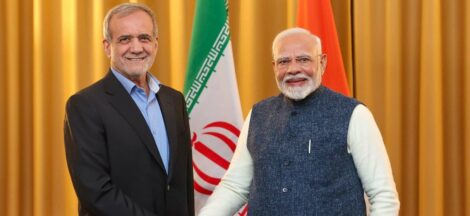Authorities have confirmed the death of a prominent Bangladeshi political figure in the northeastern Indian state of Meghalaya. The individual, who had reportedly fled Bangladesh amid allegations of corruption and political unrest, was discovered deceased in a remote area of Meghalaya, sparking an investigation into the circumstances surrounding the case.
The deceased, identified as A.K.M. Rezaul Karim, was a senior leader of the Bangladesh Nationalist Party (BNP) and had been under scrutiny for alleged embezzlement and abuse of power. Karim’s disappearance had been a subject of intense speculation and media coverage in Bangladesh, with reports suggesting that he had fled the country to evade legal consequences.
Karim’s body was found by local authorities in the dense forests of Meghalaya, near the border with Bangladesh. Initial reports indicate that he may have died from natural causes, but a full autopsy is pending to determine the exact cause of death. Indian and Bangladeshi officials are coordinating to investigate the situation further.
The circumstances of Karim’s flight from Bangladesh and his subsequent death have raised numerous questions. The Bangladeshi government has expressed concern over the situation, calling for a thorough investigation into the circumstances of his death. They have also requested assistance from Indian authorities to ensure a transparent inquiry.
Political analysts suggest that Karim’s death could have significant implications for both Bangladeshi domestic politics and regional relations. Karim was a key figure in the BNP’s efforts to challenge the ruling Awami League’s dominance in Bangladesh. His death might impact ongoing political dynamics and influence the strategies of opposition parties in the country.
In Meghalaya, local officials have emphasized the need for a comprehensive investigation to understand the full extent of the situation. The state police have launched a probe, focusing on the circumstances that led to Karim’s presence in the region and his eventual demise. They are also exploring whether his death could be linked to any broader political or criminal networks.
The discovery of Karim’s body has sparked a wave of speculation and conjecture, both in Bangladesh and India. While some reports suggest that his death may have been an accident or due to natural causes, others speculate that it could be connected to his controversial past and ongoing legal issues.
As the investigation unfolds, authorities from both countries are expected to collaborate closely to unravel the complexities of the case. The outcome of the inquiry will likely have repercussions for both nations, particularly in terms of diplomatic relations and the handling of political asylum cases.
In Bangladesh, the news has elicited mixed reactions. While some view it as a consequence of Karim’s alleged corrupt activities, others see it as a tragic end to a figure who had been embroiled in significant political conflict. The Bangladeshi government is under pressure to address the public’s concerns and provide clarity on how such a situation was allowed to occur.
Meanwhile, Indian officials are working to ensure that the investigation remains impartial and transparent. They are also coordinating with their Bangladeshi counterparts to manage any diplomatic fallout and address any potential issues arising from Karim’s death.
The case highlights ongoing challenges related to political asylum, cross-border legal issues, and international cooperation in addressing complex cases involving prominent political figures.




 Rahul Gandhi Joins Children for Martial Arts Training
Rahul Gandhi Joins Children for Martial Arts Training 